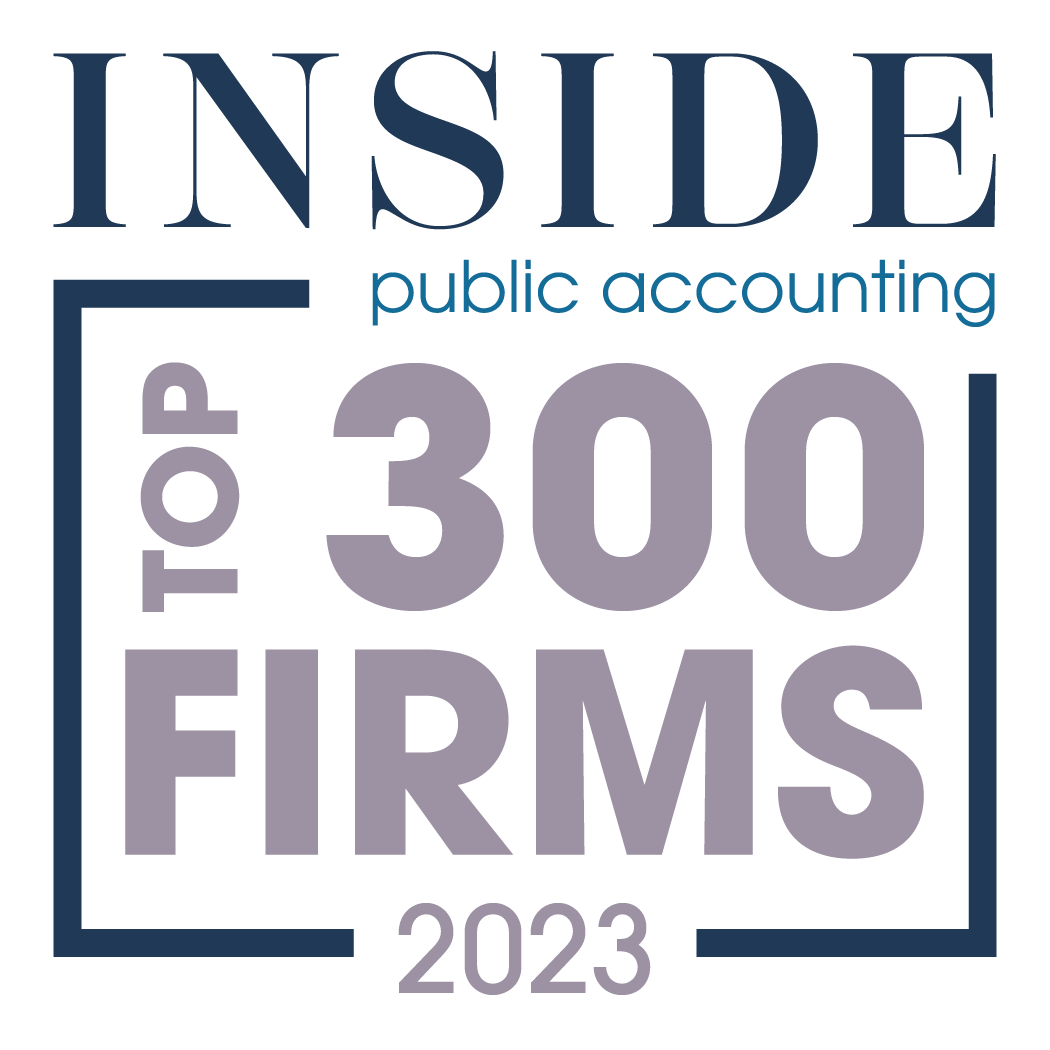Year-end spending package tackles retirement planning: part two

Congress enacted the Consolidated Appropriations Act of 2023 on December 23, 2022. In addition, the expansive year-end spending “omnibus” bill includes the Setting Every Community Up for Retirement Enhancement (SECURE) 2.0 Act and the Conservation Easement Program Integrity Act. These two significant new laws may impact your financial planning, including your retirement savings. SECURE 2.0 tackles numerous topics that significantly alter retirement planning and combines elements from both pieces of legislation.
Bolstering retirement savings
Automatic Enrollment. New 401(k) plans must automatically enroll participants when they become eligible starting in 2025. However, employees are free to decline. The first donation amount ranges from 3% to 10% at most. Then, until it reaches at least 10% but no more than 15%, the amount automatically increases yearly. Existing plans are excluded. However, small and emerging firms get special treatment under the statute.
Annuities. Those with retirement savings may be less likely to run out of money before passing away with the aid of annuities. However, the availability of annuities in qualifying plans and IRAs has been hampered by RMD requirements. For instance, the regulations forbid:
- period-certain guarantees
- the return of premium death benefits
- annuities with guaranteed annual growth of only 1% to 2%
SECURE 2.0 removes these RMD barriers to annuities. The rule also increases the allure of qualified longevity annuity contracts (QLACs), low-cost deferred annuities that don’t start paying until the end of the person’s life expectancy. Among other things, it eliminates the 25% maximum annuity purchase cap and permits the purchase of a QLAC with up to $200,000 (indexed for inflation) from the account balance.
Part-time employee eligibility. SECURE 2.0 lowers the hurdles for long-term, part-time employees to participate in 401(k) plans. They will still need to put in at least 500 hours of labor before they are qualified. But they will only need to do so for two years straight instead of the three years needed by the first SECURE Act. The clause will go into effect for plan years starting on January 1, 2025.
Small business tax credits. SECURE 2.0 introduces or improves several tax benefits to encourage small firms to set up retirement plans. For instance, it raises the beginning credit for businesses with up to 50 employees from 50% to 100% of administrative expenditures. For some non-defined benefit plans, an extra credit of up to $1,000 per employee is available based on a portion of the employer contribution.
Tax-free rollovers from 529 plans to Roth IRAs. A beneficiary of a 529 college savings plan can now transfer money directly, tax-free, from a 529 account in his or her name to a Roth IRA. This provides an option for 529 accounts that have a balance remaining after the beneficiary’s education is complete. There are other requirements, and the 529 account must be open for more than 15 years. The clause will go into effect for dividends starting in 2024.
Cracking down on certain tax shelters
The legislation governing conservation easements somewhat offsets the omnibus law’s retirement provision. Taxpayers can typically claim a charitable deduction for eligible real estate donations to charities under the current legislation. However, the IRS claims that promoters have twisted the applicable tax rule to create dishonest “syndicated” conservation easements that utilize falsified appraisals and partnership agreements to profit from “grossly exaggerated” deductions.
The Conservation Easement Program Integrity Act will no longer permit qualified conservation contributions to qualify for charity deductions if the claimed deduction is greater than 2.5 times the total of each partner’s relevant basis in the partnership making the contribution. Suppose the donation satisfies the three-year holding time requirement. In that case, family members possess the majority of the partnership, so an exception will occur. This is also true if the gift is related to the preservation of a designated historic structure.
These are just a few of the new law’s clauses. The entire year-end spending package will undoubtedly raise more queries and regulations. We’ll inform you of any changes that might impact your financial situation. If you have any questions, please feel free to contact our RRBB accountants and advisors for further assistance.
© 2022
RRBB eNEWSLETTER
Get free tax planning and financial advice

